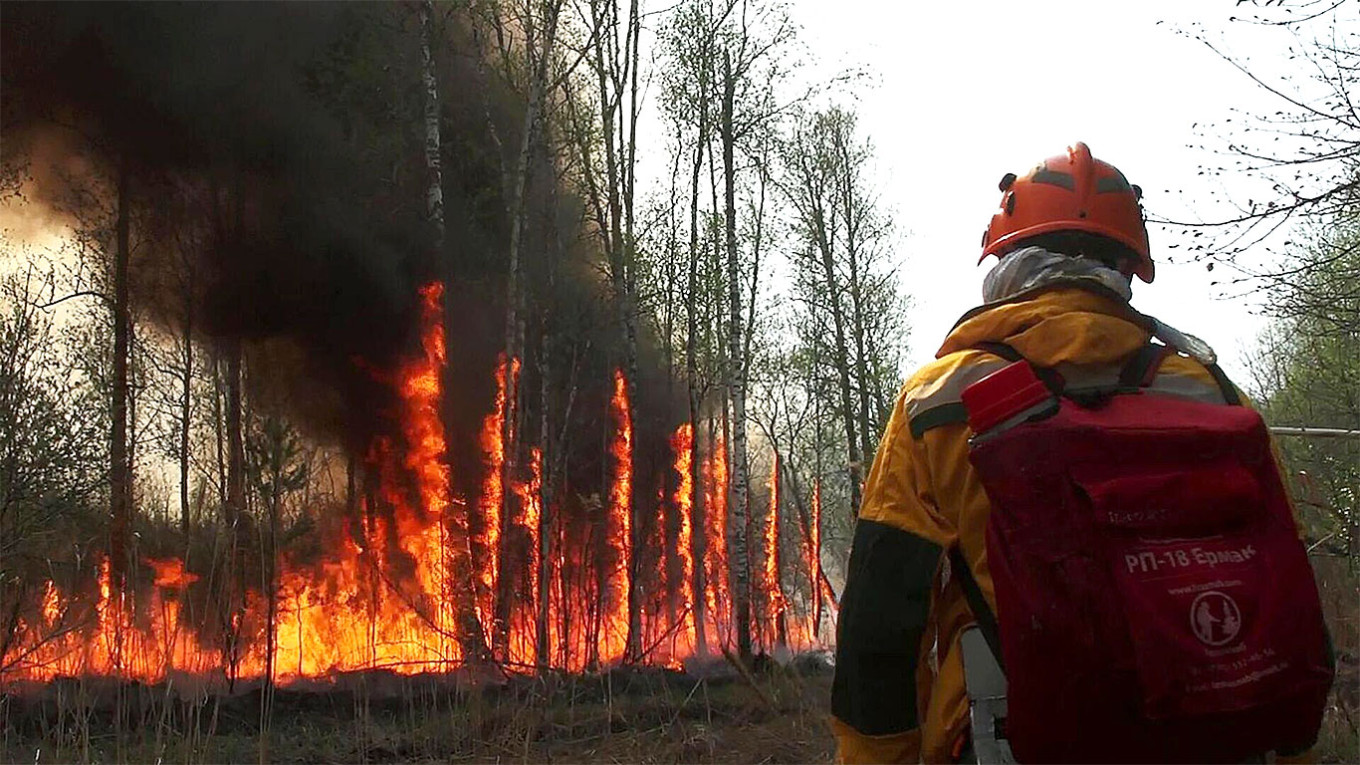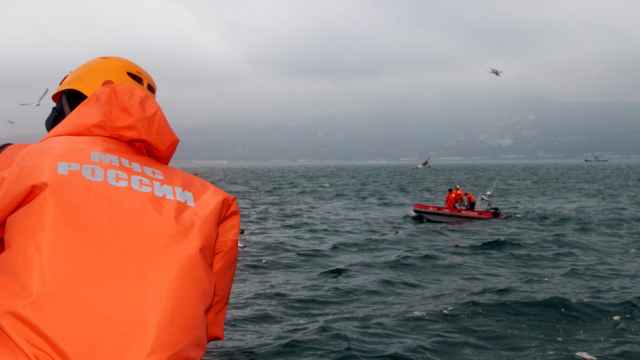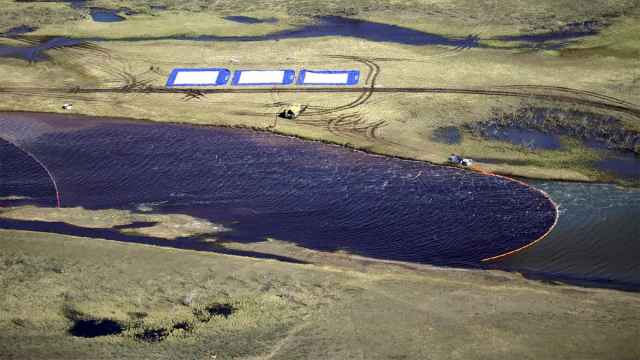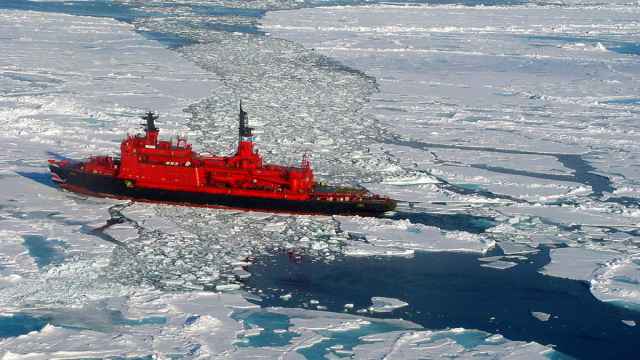The rate of forest destruction caused by wildfires in Russia's northern latitudes more than tripled between 2012 and 2021 compared to the previous decade, according to a new study by the Space Research Institute of the Russian Academy of Sciences (RAS).
Using satellite data, researchers calculated the extent of woodland devastation due to wildfires in areas above 60 degrees latitude between 2002 and 2021, splitting the period into two separate decades for comparison.
According to the study's findings, an average of more than 1.2 million hectares of Russia’s northern forests were ravaged by wildfires each year between 2012 and 2021. In the decade before, that figure stood at just 359,000 hectares.
Researchers attributed the sharp uptick to unusually destructive wildfire seasons in 2020 and 2021.
The rate of destruction was especially dramatic in Russia's Arctic region, with researchers noting a more than eightfold increase in forest loss there between 2012 and 2021 when compared to the previous decade.
On average, 100,000 hectares of Arctic forests were ravaged by wildfires each year over that same period, or about 0.2% of the total forest coverage in the northernmost region.
“Northern forests are one of the most crucial carbon sinks and, at the same time, sources of carbon dioxide that plants accumulate during their lifetime and release after death,” the researchers said.
They stressed the importance of improving wildfire management, as well as how scientists estimate and model carbon emissions that are released into the atmosphere.
Last year, researchers at RAS found that Siberia’s boreal forests may soon go from serving as a carbon “sink” to becoming a net source of emissions, as wildfires have grown in both scale and intensity in recent years.
A Message from The Moscow Times:
Dear readers,
We are facing unprecedented challenges. Russia's Prosecutor General's Office has designated The Moscow Times as an "undesirable" organization, criminalizing our work and putting our staff at risk of prosecution. This follows our earlier unjust labeling as a "foreign agent."
These actions are direct attempts to silence independent journalism in Russia. The authorities claim our work "discredits the decisions of the Russian leadership." We see things differently: we strive to provide accurate, unbiased reporting on Russia.
We, the journalists of The Moscow Times, refuse to be silenced. But to continue our work, we need your help.
Your support, no matter how small, makes a world of difference. If you can, please support us monthly starting from just $2. It's quick to set up, and every contribution makes a significant impact.
By supporting The Moscow Times, you're defending open, independent journalism in the face of repression. Thank you for standing with us.
Remind me later.






